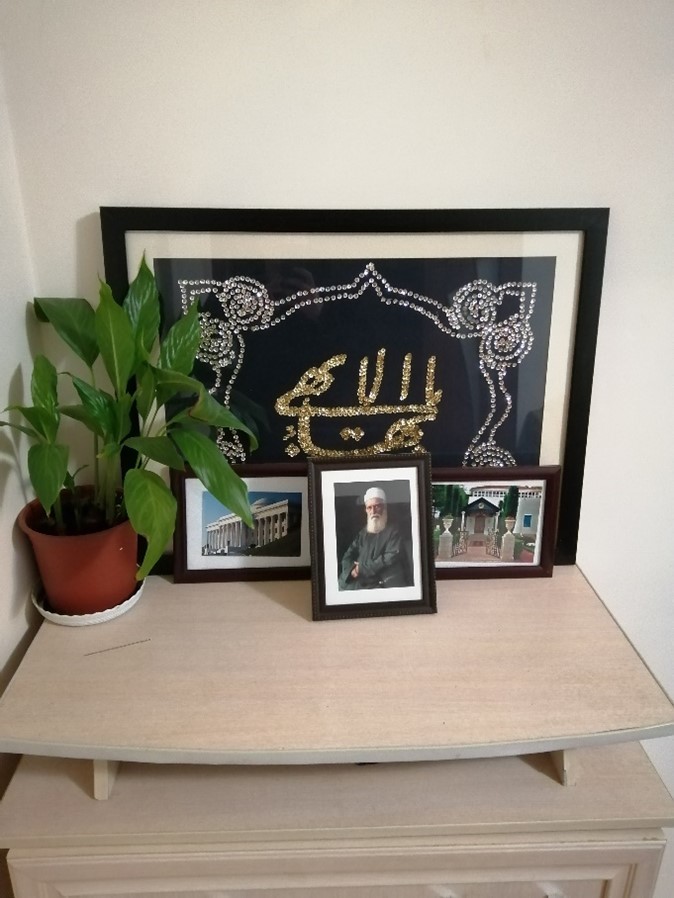 Project management: Jonah Neuenhaus
Project management: Jonah Neuenhaus
Supervision: Prof. Dr. Roland Hardenberg, PD Dr. Susanne Fehlings
Region: urban Kyrgyzstan (Bishkek, Osh and Tokmok)
Duration: November 2020 – April 2025
Funding: German Academic Exchange Service (September 2021- September 2022)
This research project deals with religious conversions and the significance of religious knowledge for local interpretations of the Bahá'í Faith in Kyrgyzstan. In a first step, religious conversions from Islam to the Bahá'í Faith will be examined. The focus here is on the relationship between "old" and "new" forms of religiosity of Kyrgyz Bahá'í. Both ruptures and continuities can be identified in various domains of respective realities of everyday lives: On the one hand, recent converts, for example, refer to scripture-based religious knowledge and a reconceptualised social affiliation only since conversion, which often represents a clear break with earlier forms of being Muslim. On the other
hand, concepts of the Bahá’í writings allow for continuous identification as a Muslim.
This is where the second step of the project comes in, whereby the significance of scripture-based religious knowledge in everyday lives of Kyrgyz Bahá'í is to be examined more closely. The focus will be on three aspects of religious knowledge: First, on the corpus of knowledge or more specifically on those categories and values to which Bahá'ís in Kyrgyzstan refer in concrete everyday realities. Secondly, on the medium of transmission and above all on the globally organised formalisation of the transmission of religious knowledge and ideal-typical practices implemented in Kyrgyz Bahá’í communities. Thirdly, on the social organisation of knowledge in the Bahá'í community and in relation to Kyrgyz society. The project will thus contribute to the theoretical understanding of conversion processes and forms of everyday religiosity in post-Soviet everyday life.







